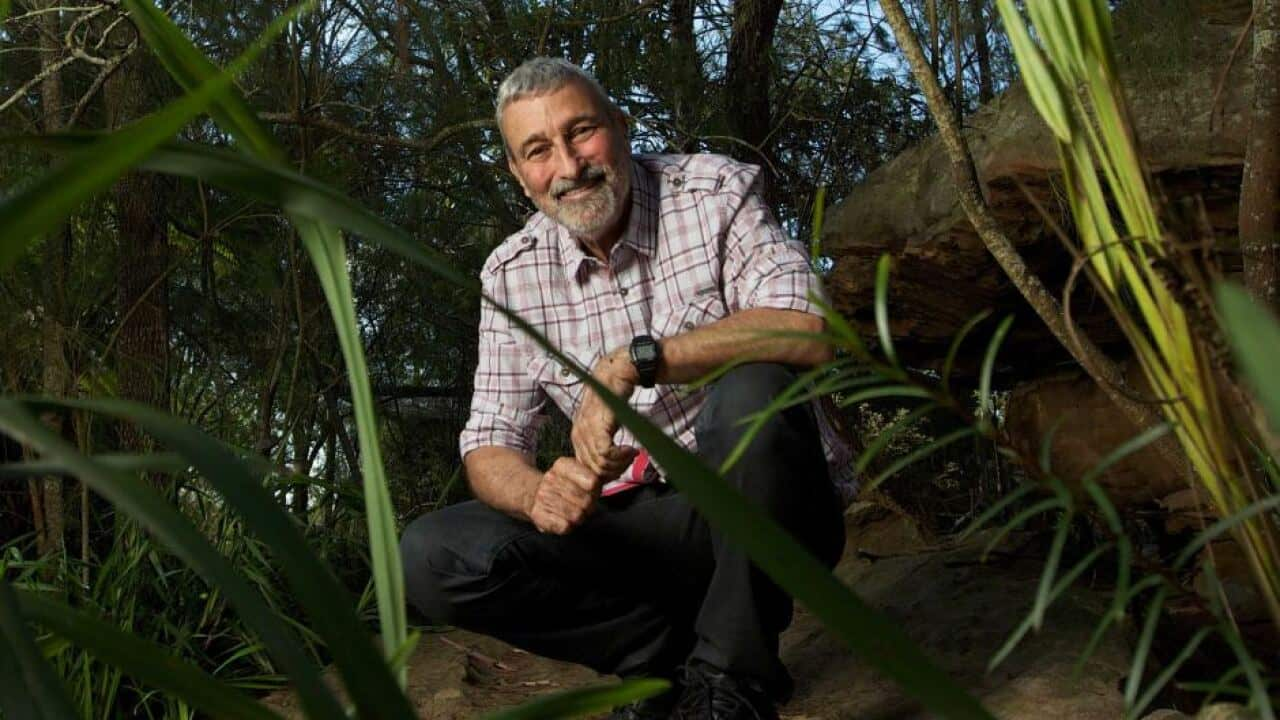Reason, restraint and rage; these are human qualities too rarely seen on screen at once. When a camera caught this powerful mix in the person of Uma Thurman, so . An actor known for her long collaboration with former movie mogul Harvey Weinstein, Thurman had been asked to comment on those many allegations of sexual abuse made against the man by women workers.
Thurman spoke deliberately. She spoke honourably. She gave us the picture of composure and the record of wrath when she said, “I have learned I am not a child”. She conveyed that she would not be tempted to speak, as an injured little kid might, while still in the grip of anger. She said she would speak when she was ready.
Last weekend, Thurman was ready. In the , the adult gave her account of the abuse. The allegations are shocking and, rather naturally, many publicly expressed their shock. Whatever our view on the now familiar news reports on the abuse and harassment of women within elite professions—a moment in time known as #MeToo—we’d be swayed by this gracious moment. She had waited. She had spoken. She spoke, in the view of many, powerfully, carefully and meaningfully, for all women subject to sexual abuse.
There are a few sentences in that potent piece, though, where Thurman can be seen to thoughtfully speak for others, too. She speaks of the acts of abuse encountered at work that may not be sexist or sexual, but may nonetheless produce great and persistent pain. It is quite possible, even vital, for us to consider the widespread nature of this pain without diminishing the aims of #MeToo. It is when we begin to think about all those kinds of abuse that routinely occur at work, we can routinely begin to stop them all.
Thurman describes, very clearly, how the pain of the worker is often produced by the race to profit.
It’s true that the working life of Uma Thurman has hardly been routine. Nonetheless, it’s true that many everyday women feel immediate sympathy with parts of her account. There are women faced with either working for a wage or submitting to the demand for “sex”—which we might more correctly call rape if one’s choice is between putting food on the table or starvation.
There’s another moment that Thurman describes, and it is one for which many of us can feel immediate sympathy. Thurman describes injuries to her neck and to her knees that were acquired at work. She says of Weinstein, “Harvey assaulted me but that didn’t kill me.” In Thurman’s view, she might well have been killed by the work incident that led to her injury.
Sure, Thurman was on the set of a monumentally successful film when, she alleges, director Quentin Tarantino demanded that she perform her own stunt in a car a crew member had warned her was unsafe. Still, this moment, however glamorous, is one with which so many of us can identify.
There are so many of my acquaintance who have suffered, still suffer, such keen pain. My dad’s knees were ruined by his time, of which he is still proud, in the armed forces. One mate’s back was screwed by 30 after years of warehouse work. Just a few weeks back, I was at Melbourne’s Trades Hall where I met a lovely chick who had confronted her employer, , about its request that workers refresh stock while on a ladder and in high spike heels.
When we have few rights, we can’t speak out with any real hope of keeping our jobs.
In fact, this young woman and her comrades from the “Not Your Honey” campaign remind me a bit of Uma. They are able to describe very concisely just how the abuse of power by employers is connected, within the workplace, to sexual abuse. Thurman describes, very clearly, how the pain of the worker is often produced by the race to profit. This is not only for us to remember in a moral sense when we are describing sexual abuse at work. It is a vital thing to learn and really know if we are to change the way that so many of us work.
When we have few rights, we can’t speak out with any real hope of keeping our jobs. In Australia, where the median wage is and where full-time, or even part-time work, is something , our right to say “no” to an unreasonable request, or even to report that unreasonable request after fulfilling it, is not one we may claim.
We work with both our bodies and our minds, like Thurman. Our bodies and minds may both suffer from this work. Whatever the form of abuse and whichever part of us it hurt, we must learn to support our universal right to resist it. Movie star. Healthcare worker. Soldier. Shelf-stacker. Let’s have that other #MeToo conversation with each other, knowing all the while that we are supporting the women and men of the #MeToo that came first.



